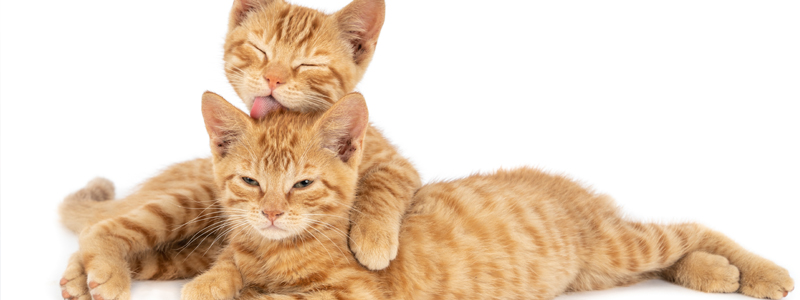BY: SAMANTHA BARTLETT, DVM
In July 2018, the FDA issued an alert that they had been seeing more cases of non-hereditary dilated cardiomyopathy (DCM) in dogs. In most of these cases, the dogs were fed a grain-free diet high in lentils, peas or chickpeas. Although soy is also a legume, there has been no correlation with soy and DCM. Between January 2018 and April 2019, there were 112 cases of DCM reported to the FDA. Twenty-three of these cases had partial recoveries and 84 had full recoveries. Every one of the fully recovered dogs received a diet change and nearly all were prescribed pimobendan and taurine. A recent retrospective study of 75 dogs with DCM for almost 5 years showed that dogs with DCM consuming grain free diets lived longer if switched to a traditional food containing grains along with their heart medication.
Nearly 3 years later, the FDA still does not have definitive answers on what is causing DCM although suspicion still lies with diet. At this point, it is believed that it is not so much the legumes themselves that are causing the disease, but more the amount of legumes that are used in grain free formulas. The FDA is seeking cooperation from researchers, nutritionists, and pet food companies to further investigate this phenomenon. FDA has asked pet food companies to release details on their ingredient sourcing and manufacturing processes to determine if there are any correlations. So far, the FDA has not ordered any recalls or declared any specific foods unsafe, but has issued a list of foods associated with DCM.
While it seems diet is a contributing factor to non-hereditary DCM, it would seem there are other factors at play. Scientists are not ruling out predispositions such as genetics, underlying medical conditions, environment, ingredient processing by food manufactures and other outside influences. The FDA has also received 20 reports of cats with DCM.






